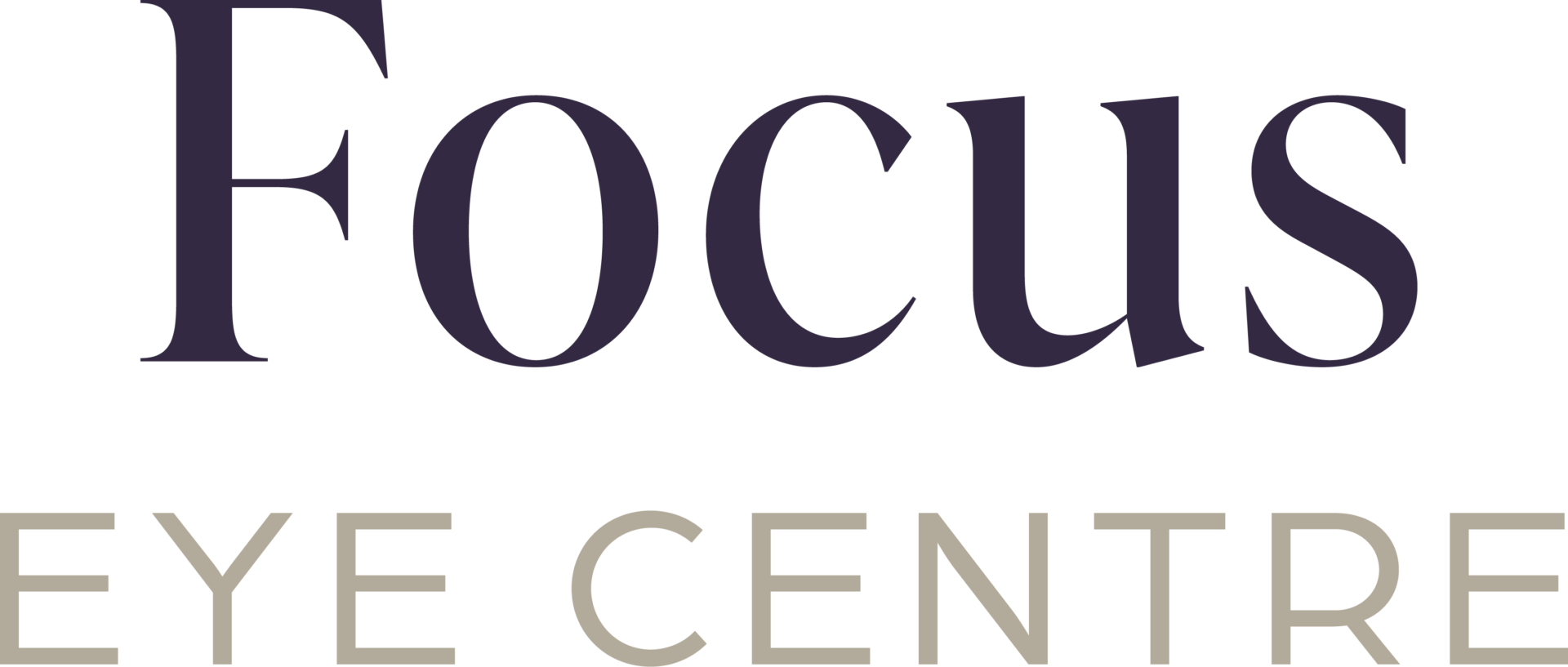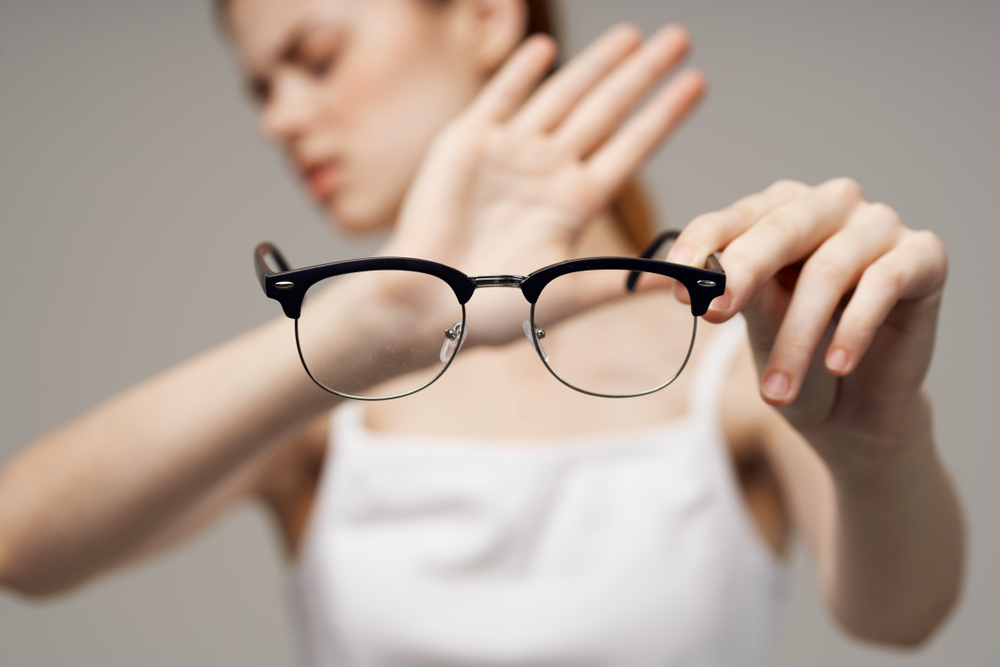Have you ever experienced the frustration of your prescription glasses not working anymore? If so, you’re not alone. Many people encounter changes in their vision or discomfort with their glasses over time. In this blog post, we’ll delve into some common reasons why your prescription glasses may not be working as expected and explore potential solutions to address these issues.

Changes in Vision
One of the most common reasons why your prescription glasses may not work anymore is changes in your vision. Our eyesight can fluctuate over time due to various factors such as aging, eye strain from prolonged screen use, or underlying health conditions like cataracts or diabetes. If you notice blurry vision or difficulty focusing with your current glasses, it may be time for an updated prescription from your eye care professional. Perhaps they seem too strong now – this happens as well!
Incorrect Prescription
Sometimes, the prescription in your glasses just may no longer be accurate. This can happen, if your vision has changed since your last eye exam, or if there was an error in the prescription when your glasses were made. If you’re experiencing discomfort, schedule an appointment for a comprehensive eye exam to ensure your prescription is up to date.
Lens Damage or Wear
Over time, the lenses in your glasses may become scratched, smudged, or otherwise damaged, affecting their clarity and effectiveness. Additionally, wear and tear on the frames can cause misalignment or distortion, leading to discomfort or visual disturbances. Regularly cleaning and caring for your glasses can help prolong their lifespan. However, if you notice significant damage or deterioration, it may be time for a replacement pair.

Incorrect Frame Fit
The fit of your glasses frames plays a crucial role in their comfort and effectiveness. If your frames are too tight, too loose, or improperly adjusted, it can cause discomfort, headaches, and even affect your vision. Opticians can make minor adjustments to your frames. This can ensure they sit properly on your face and provide optimal vision correction. If you’re experiencing discomfort or visual issues with your glasses, schedule a fitting appointment to address any fit issues.
Transitioning to Progressive Lenses
If you’ve recently switched to progressive lenses or bifocals, it may take some time for your eyes to adjust to the new prescription. Progressive lenses offer a seamless transition between different viewing distances. However, they require some getting used to as your eyes learn to navigate the varying focal points. Be patient and give yourself time to adjust to the new lenses. If you continue to experience difficulties, consult with your eye care provider for guidance.

Get in Touch
Several factors can contribute to your prescription glasses not working as effectively as they once did. Whether it’s changes in your vision, an outdated prescription, lens damage, fit issues, or adjusting to new lenses, it’s essential to address these concerns promptly to ensure optimal vision correction and comfort. Schedule regular eye exams, practice proper eyewear care, and don’t hesitate to reach out to us here at Focus Eye Centre if you have any questions or concerns about your glasses.
With the right attention and care, you can enjoy clear, comfortable vision once again. Remember, your eyesight is irreplaceable, so take care of it today for a brighter tomorrow. If you would like to find out more about preserving your eye health, or you wish to book an eye test, get in touch! Give us a call today at 0800 980 34 64 or email us at info@focuseyecentre.co.uk.

















